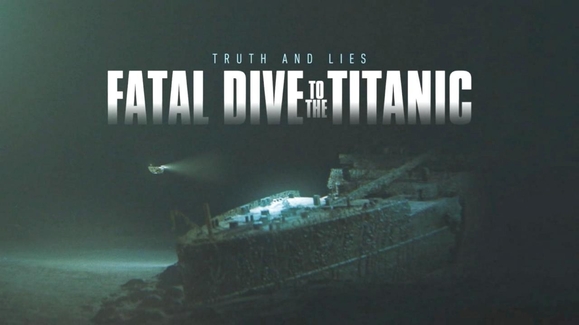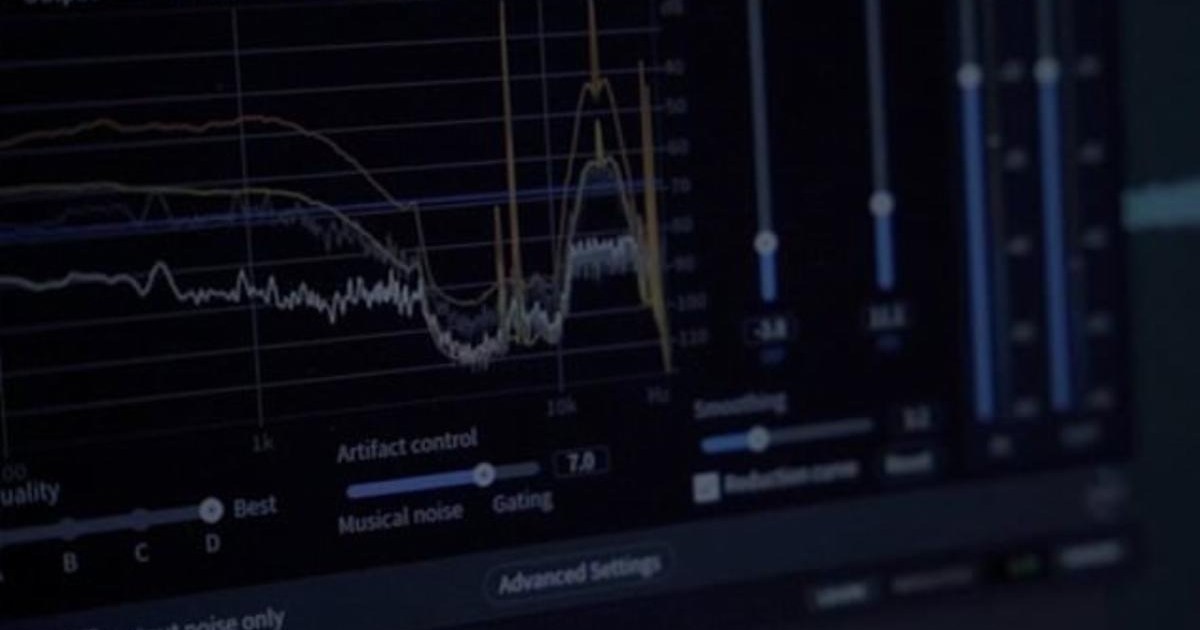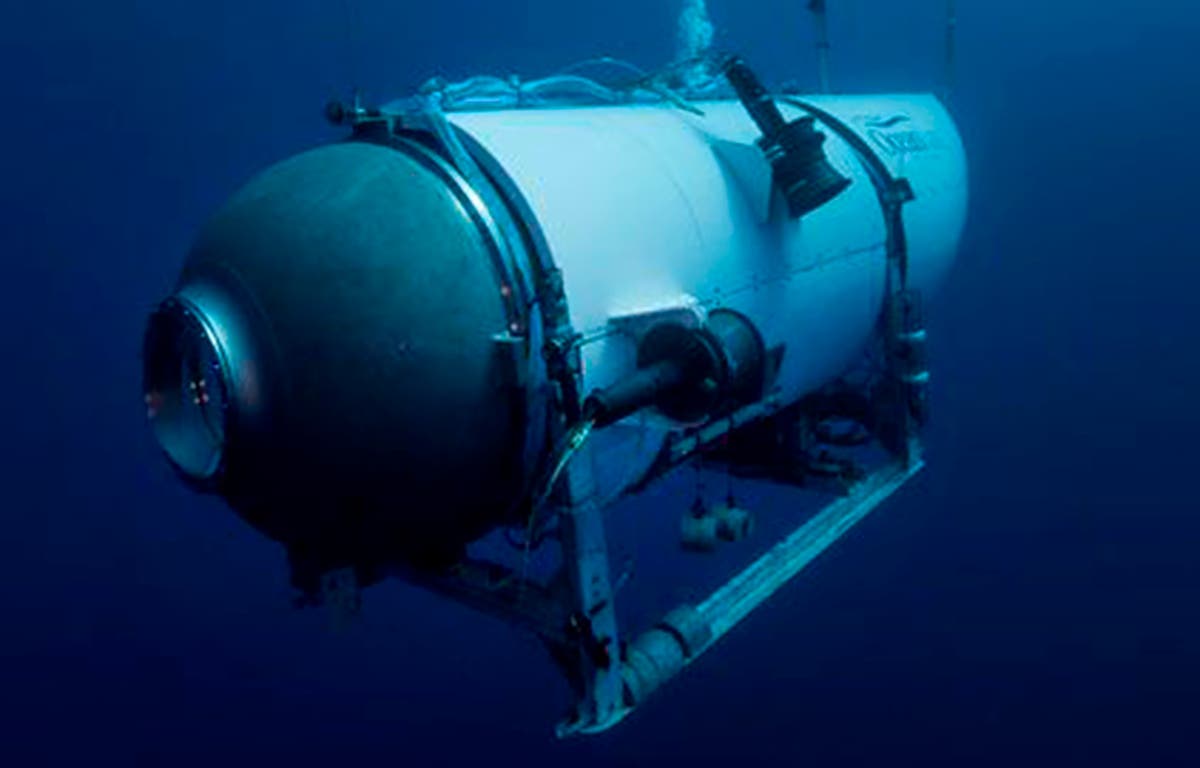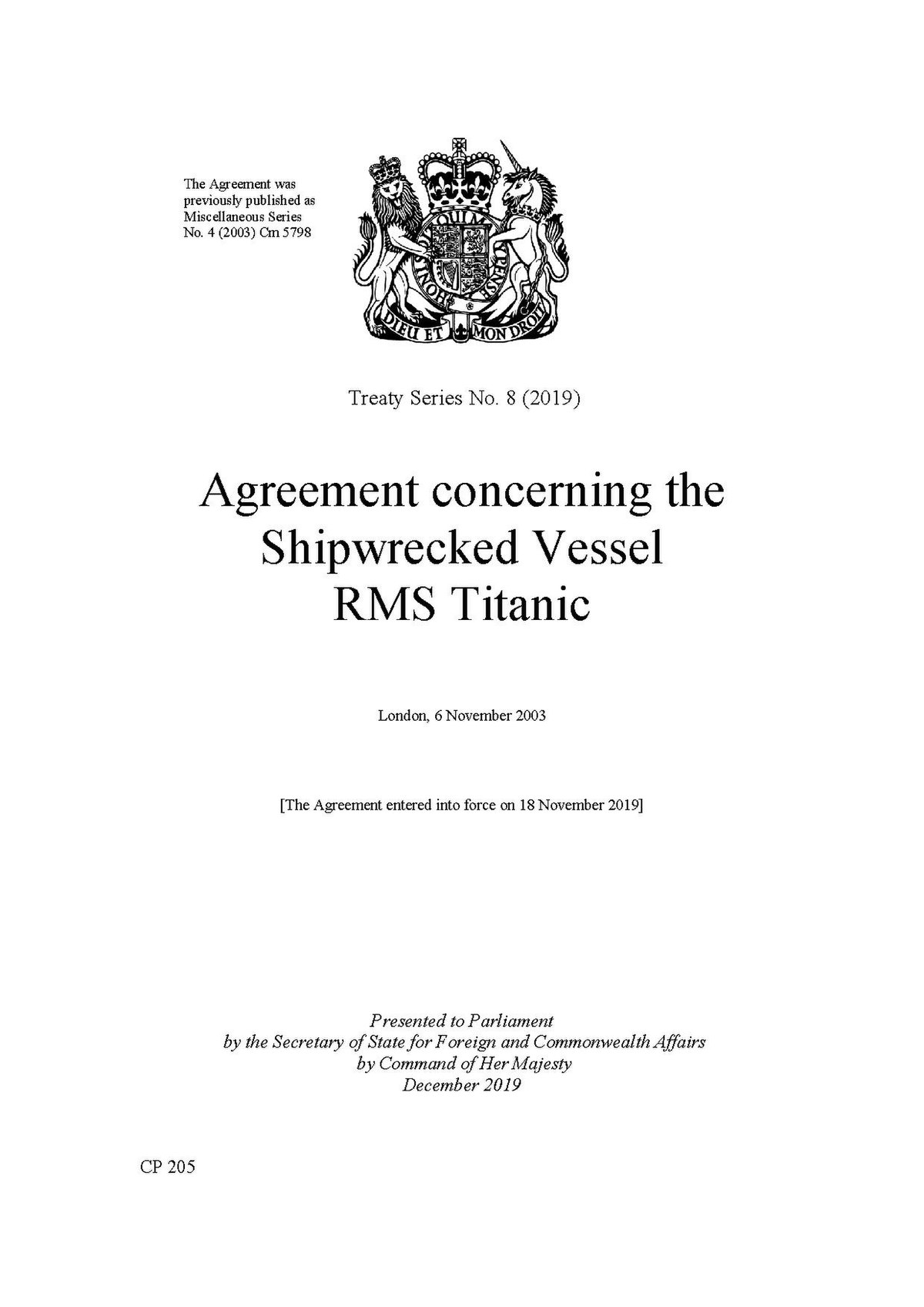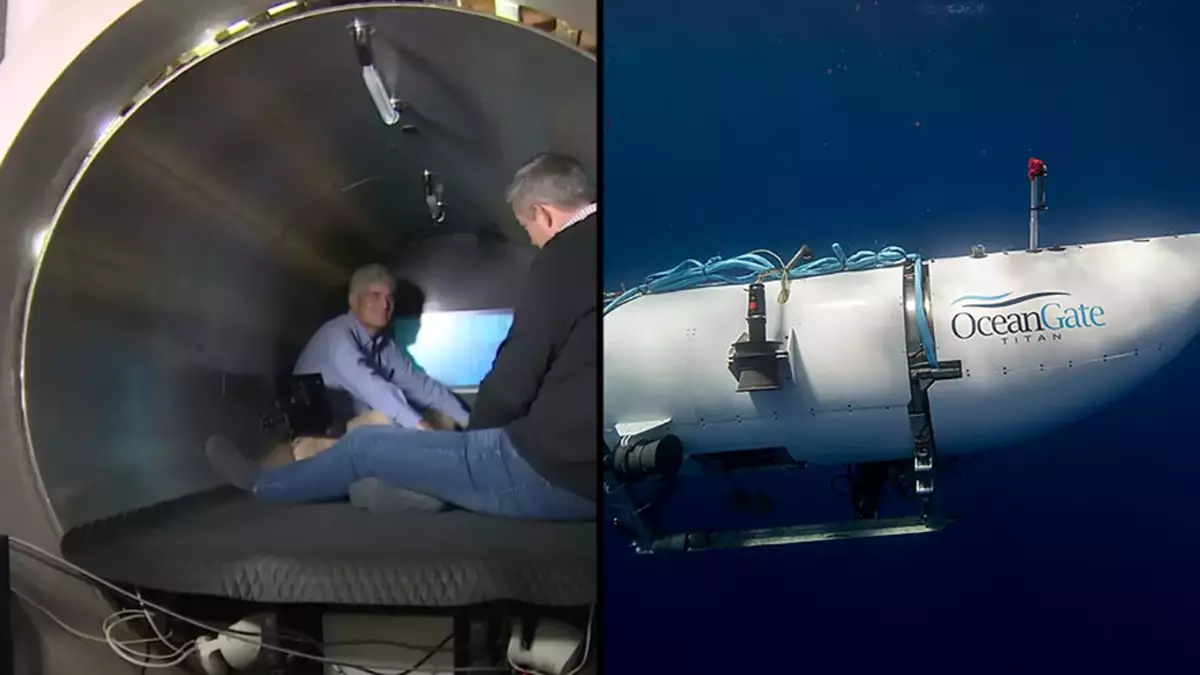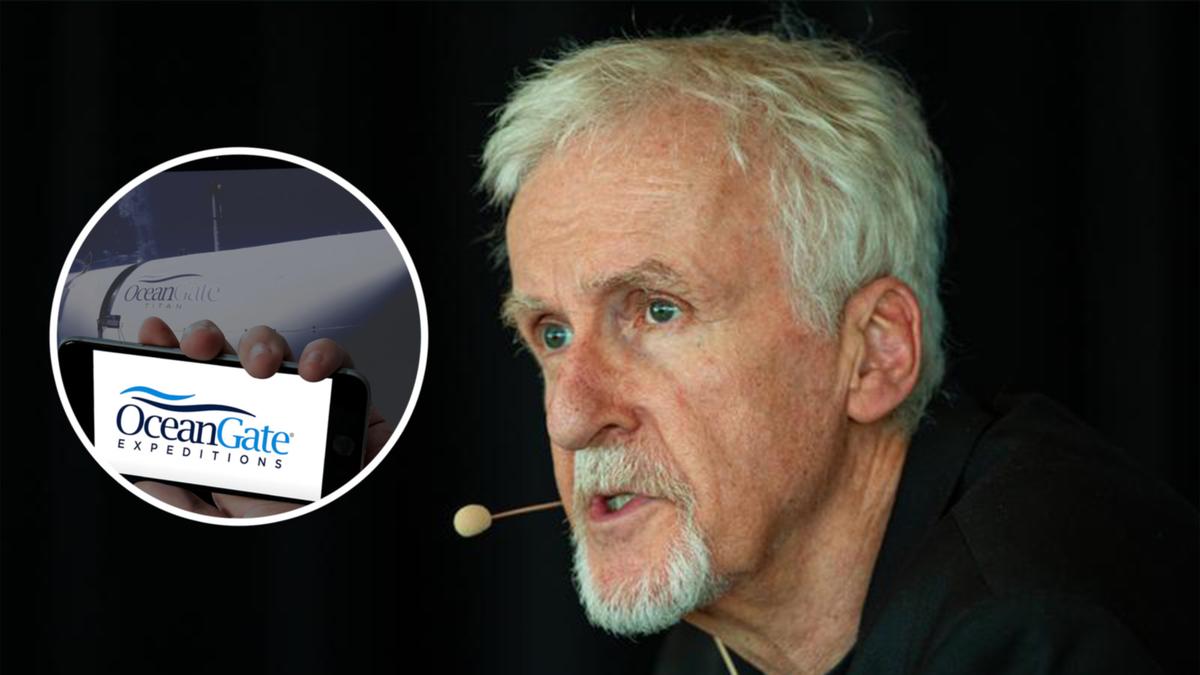No one knows what the banging was, no one knows if it had anything to do with the Titan. The suggestion that the banging sounds may have been linked to survivors was wishful thinking.
“With respect to the noises specifically, we don’t know what they are, to be frank with you,” Captain Jamie Frederick of the First Coast Guard District told reporters.
Carl Hartsfield, an expert with the Wood Hole Oceanographic Institution, told
CBS News there were many possible explanations for the sounds.
“The ocean is a very complex place, obviously — human sounds, nature sounds, and it’s very difficult to discern what the sources of those noises are."
The large number of vessels that were in the area would also emit noises picked up by sensors.
Jeff Karson, professor emeritus of earth and environmental sciences at Syracuse University said it could be a “complicated echo” coming from sounds bouncing around the Titanic debris field. “It’s just not bouncing off of one thing. It’s bouncing off a bunch of things."
Stefan Williams, a professor of marine robotics at the University of Sydney, told
Insider the sounds may have been created by marine wildlife such as whales.
He said there had been reports of marooned submarine crews banging on the vessel’s hull to signal their location, and that “acoustic noise will travel”.
Banging sounds coming from the Titan search zone briefly raised hopes, before the rising submersible was confirmed to have been destroyed in a ‘catastrophic implosion’.

www.independent.co.uk
